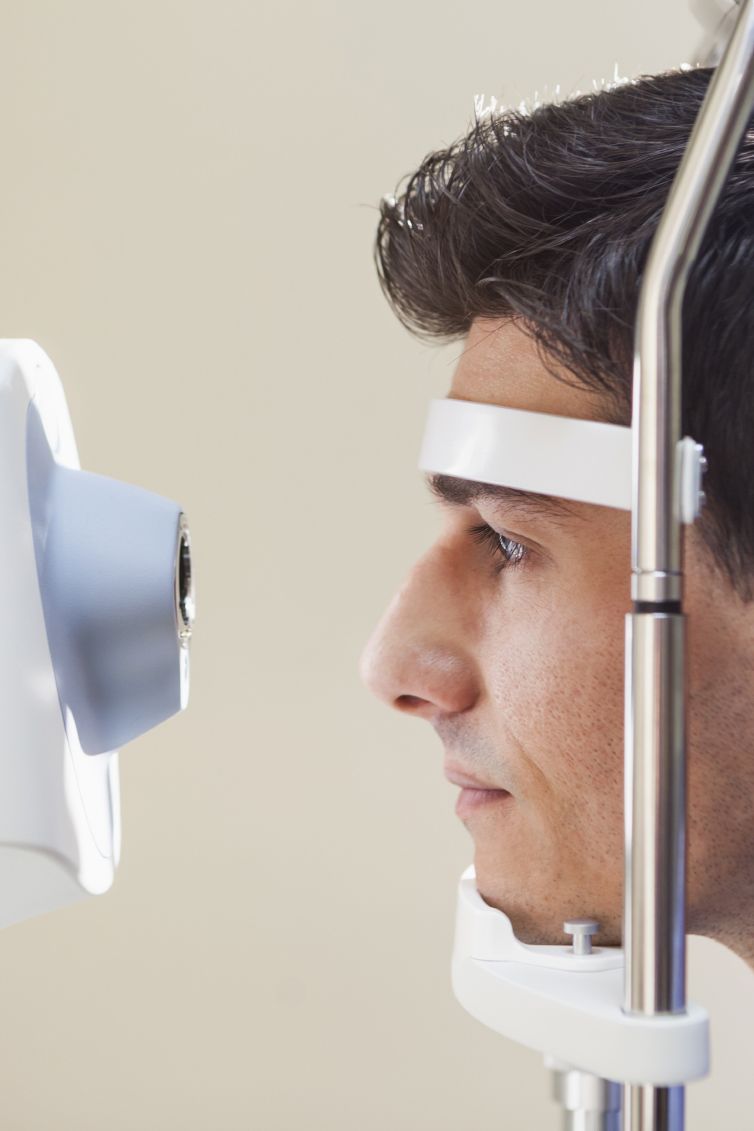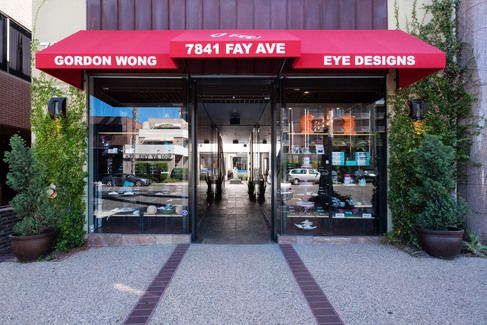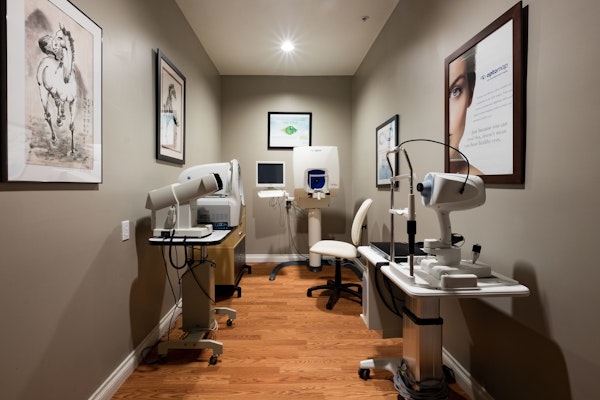Is LASIK Permanent?
 LASIK eye surgery can improve vision, making it possible to see clearly without wearing eyeglasses or contact lenses.
LASIK eye surgery can improve vision, making it possible to see clearly without wearing eyeglasses or contact lenses.
When considering LASIK surgery, patients often have many questions about the procedure and its results. Drs. Gordon G. and Wildon C. Wong are frequently asked “is LASIK permanent?” by patients from La Jolla, CA, and the surrounding Carmel Valley and San Diego areas. Today, we'll take a closer look at whether LASIK is permanent and how vision changes after this surgery.
How Does LASIK Correct Vision?
LASIK (laser-assisted in-situ keratomileusis) corrects vision by physically reshaping the cornea. The cornea is a part of the eye that helps focus light onto the retina.
When the cornea is irregularly shaped, it can cause things that are far away to look blurry (nearsightedness or myopia), things that are close to look blurry (farsightedness or hyperopia), or things at any distance to look blurry (astigmatism).
By smoothing and adjusting the shape of the cornea, LASIK can improve the eye's ability to focus light onto the retina and as a result, make vision clearer.
Is LASIK Surgery Permanent?
Yes. LASIK surgery is permanent.
This is because the changes made to the shape of the cornea are permanent changes. Any imperfections that are removed from the cornea will not somehow return.
As a result, vision problems, including astigmatism, myopia, or hyperopia, that were treated by correcting the shape of the cornea will not comeback either.
Although the vision problems treated at the time of LASIK will not comeback, vision can change over time as the eyes age. These changes are unrelated to LASIK.
Presbyopia Can Change Vision
LASIK surgery permanently corrects vision problems (nearsightedness, farsightedness, or astigmatism) present at the time of surgery. The correction is permanent; however, new issues can develop over time, causing vision to change.
Presbyopia is one of the most common conditions that can change a person's vision after LASIK surgery.
Presbyopia is a condition that makes it difficult to focus on nearby objects and is a form of farsightedness. Presbyopia happens to many people starting around the age of 40. Presbyopia occurs as the lens of the eye loses its ability to focus and is simply related to aging; it is not caused by the shape of the cornea.
Treating Presbyopia after LASIK
If presbyopia becomes an issue in the years following LASIK surgery, LASIK may be repeated to improve focus.
If the cornea is too thin to reshape with LASIK, a similar procedure called PRK (photorefractive keratectomy) may be a good option.
Those with severe presbyopia may not be good candidates for LASIK or PRK. Instead, the natural lens may be replaced with an intraocular lens (IOL); or non-invasive treatments, including eyeglasses and contacts, may used.
Is LASIK Right for You?
LASIK permanently corrects many vision problems, providing long lasting results for those that rely on visual aids. For more information about LASIK surgery or to find out if this procedure is right for your vision needs, we welcome you to call (858) 454-4699 and schedule a consultation with one of our doctors.







